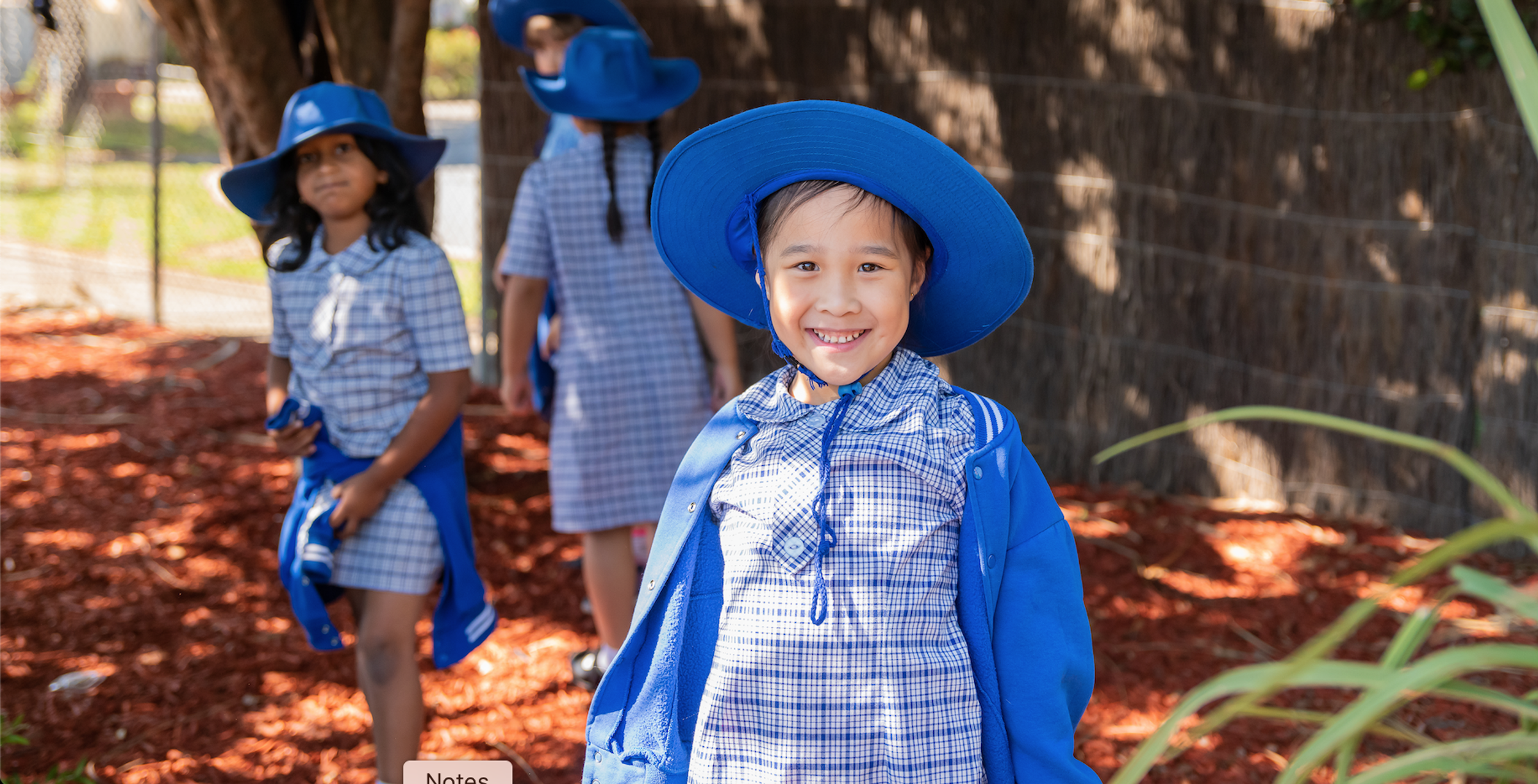Wellbeing

Last Friday, a group of very talented actors dressed as school kids…aka Serena Jordan-Munro, Simone Crist and myself and accompanied by our stage manager – Casey Sykes presented a series of “What Will You Do?” scenarios to the Junior school.
We acted out a range of behavioural responses that, in the classroom, may have the potential to become problematic if children do not develop the ability to learn how to stop and think carefully about how they can respond in socially appropriate ways. We presented each act with an inappropriate response and then rewound ourselves, directing questions to the children about the different choices we could make in each situation. For example, one scenario was,
“You just saw your best friend walk into your classroom with a note for your teacher. You really want to scream out, “Hi!” What will you do?
Some of the responses children provided for this scenario included:
- Yell across the room
- Ignore your friend
- Wave to your friend
- Smile at your friend
The students were able to differentiate between why some responses might be more appropriate than others. We then selected one of their responses to act out a more positive, socially appropriate way to deal with the situation. We knew we were a hit because the children have been telling us that they enjoyed the film we were in!!
The STOP, THINK and DO process is a method that helps children develop the following skills:
- self-control and communication skills at the STOP stage
- cognitive problem-solving skills at the THINK stage and
- behavioural skills at the DO stage.
Children with social or behavioural problems are usually stuck at one of these steps: - *Dependent, immature children are stuck at STOP – they tend to rely on others rather than think for themselves.
*Shy, anxious children stop at THINK – they often think too much about what could happen and find it difficult to choose what to do.
*Impulsive, aggressive children are stuck at DO – they often do and don’t stop to think.
Teaching children how to move comfortably through all steps with positive feedback and support helps them to develop skills such as self-discipline and control, self-esteem and confidence, as well as, respect and responsibility.
Children become aware of:
- how to clarify problems and feelings – I understand at STOP;
- how to find answers – I can think at THINK;
- how to make a decision and act – I choose to do at DO.
The Junior teachers will be using this language throughout the year to help support your children’s responses to situations. We believe that children will develop a greater understanding of self and social awareness and responsible decision making as they begin to understand the purpose of STOP! THINK! DO! and put the steps into action.
Connie Drossaert
Wellbeing Leader
